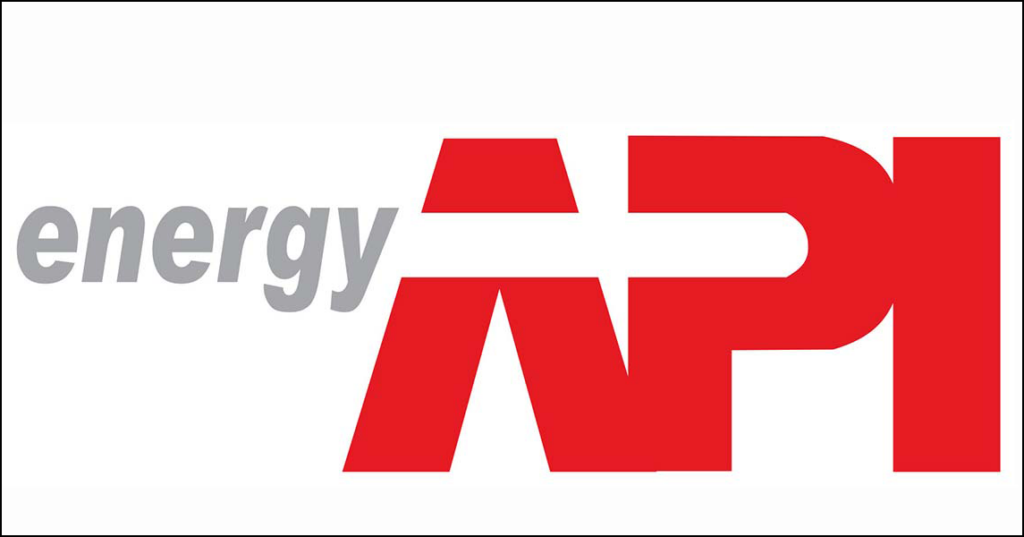Regulatory | NGI All News Access
Energy Investors Said Demanding More Transparency on Climate Efforts
Three prominent oil and natural gas industry associations are calling on their member companies to adopt more rigorous and uniform standards to communicate their efforts to combat climate change to ensure access to capital from an increasingly climate-conscious financial sector.

In the fourth edition of the Sustainability Reporting Guidance published Monday, the International Petroleum Industry Environmental Conservation Association (IPIECA), the American Petroleum Institute (API) and the International Association of Oil and Gas Producers (IOGP) emphasized the importance of thorough, transparent reporting on seven main indicators: climate governance/strategy, climate risk/opportunities, lower-carbon technology, greenhouse gas emissions, methane emissions, energy use and flared natural gas.
“Financial institutions — under pressure from their clients and regulators to demonstrate the climate-related impact and climate resiliency of their portfolios — are seeking access to consistent, transparent, comparable…information” on companies’ efforts to reduce their climate impact and foster the energy transition, the report’s authors said.
As a result, in the latest edition of the guidance, “we have increased the focus on a number of climate-related areas. This includes increased emphasis on methane, recognizing its important role in responding to climate change risks in the short term.”
The guidance also highlights the growing importance of the transition to lower-carbon energy sources, carbon capture and storage (CCS), the health of natural ecosystems, energy efficiency, and the roles of natural gas and renewables.
The directive comes as firms from throughout the oil and gas value chain are stepping up their rhetoric about environmental, societal and governance, or ESG, initiatives in response to the climate change crisis.
The industry has advocated especially hard for natural gas as a bridge fuel to a low-carbon energy sector, although the net climate benefits of the fuel remain a subject of debate.
The updated guidance “provides oil and gas companies with a clear framework to demonstrate their important role in the energy transition by reporting on how they manage climate and sustainability impacts and opportunities,” said IPIECA’s Brian Sullivan, executive director. “IPIECA encourages all oil and gas businesses across the industry to go beyond reporting on financial data and to also disclose their climate, environmental, social and sustainability activities.”
IPIECA, API and IOPG highlighted modifications in the latest guidance to improve reporting of climate change and energy indicators, “as these areas are of real interest to an investment community increasingly committed to financing innovative, lower-carbon, energy paths.”
API president Mike Sommers said, “Oil and gas companies were among the first businesses to pioneer sustainability reporting. This guidance helps provide detailed reporting on environmental, health, safety, social and economic performance — critical information…in meeting the challenge of climate change head on.”
© 2024 Natural Gas Intelligence. All rights reserved.
ISSN © 1532-1231 | ISSN © 2577-9877 |
